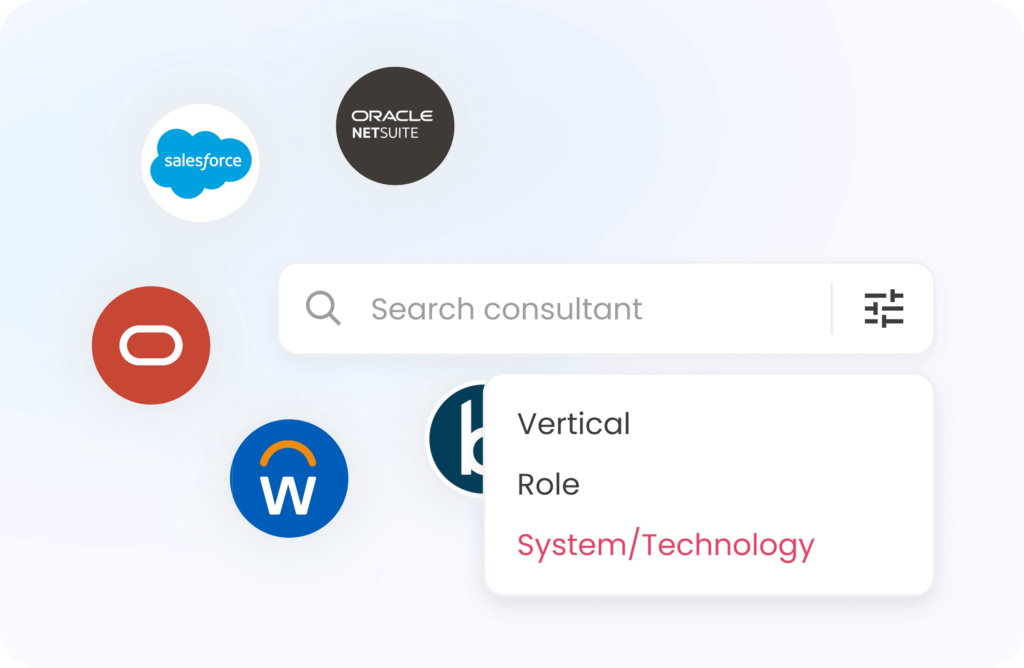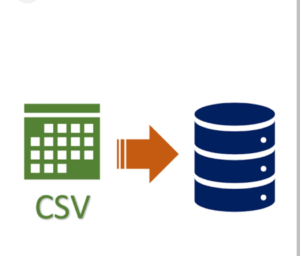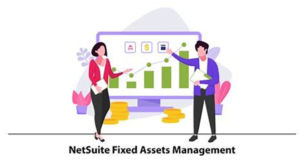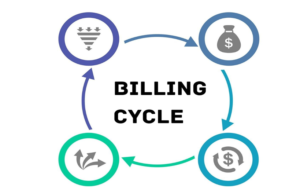Enterprise Resource Planning (ERP) systems are essential for today’s growing, tech-driven businesses. Whether your company has 25 employees or generates $500 million in revenue, ERPs play a crucial role in streamlining business operations and maintaining precise financial oversight. Choosing the right ERP system can enhance your organization’s processes, improving efficiency and compliance.
Before you make this critical decision, here are the top factors to consider to ensure the ERP you select is the best fit for your business.
6 Factors to Check for Choosing the Right ERP
1. Business Model and ERP Requirements
Why do you need an ERP? What modules should the targeted ERP cover? Will this be an ERP or even a CRM will be sufficient for your business based on your model? What is the return on investment you are seeking from this ERP? And a lot more.
Clarity on what, when, how, and why questions will get you to the exact requirements your company is looking for here in the search of ERP.
2.Size of your organization
Size and volume of transactions in your organization define the structure of your ERP. While majority ERPs take care of the volume portion of transactions, it is always suggested to keep a volume check of transactions and not choose an expensive and bulky ERP when your organization is at a nascent stage.
3.Budget
Figure out the intended budget spend on ERP. Consider an inclusive budget covering licenses, implementation, potential customizations, and ERP support services. Calculate the expected return on the ERP implementation by reduced manual work hours and increased effectiveness in completing tasks on time.
4.Cost Compare Each Searched ERP
Create a search of ERP based on pointers 1 and 2 and filter them in respect to price.
Match your budgeted requirements with the offerings given in the ERP cost list.
Analyze each offering given by the suggested ERP in detail. Explore the reviews and comments posted by users for the ERP services offered.
5.Walk Through the Systems
Understand the complexity of the short-listed systems. Go in for user demos to understand the user friendliness of the user interface. Discovery calls to make sure your business requirements are in alignment with the ERP offerings.
6.Assess the Implementation Process
Understand what count of teams will be required here to streamline the transit. What will be ground level training required on our user front? Will there be the assistance provided post ERP Implementation? How do they plan for Data Migration activities post the implementation?
By carefully evaluating such factors and ensuring an ERP aligns with your business requirements, you can make an informed choice that will support your organization’s growth and efficiency.
NetSuite ERP stands out as a robust option. It offers a comprehensive features that adapts to diverse business needs while providing reliable scalability, financial control, and process automation. Choosing NetSuite can help your business streamline operations, enhance decision-making, and stay agile in a competitive market.






